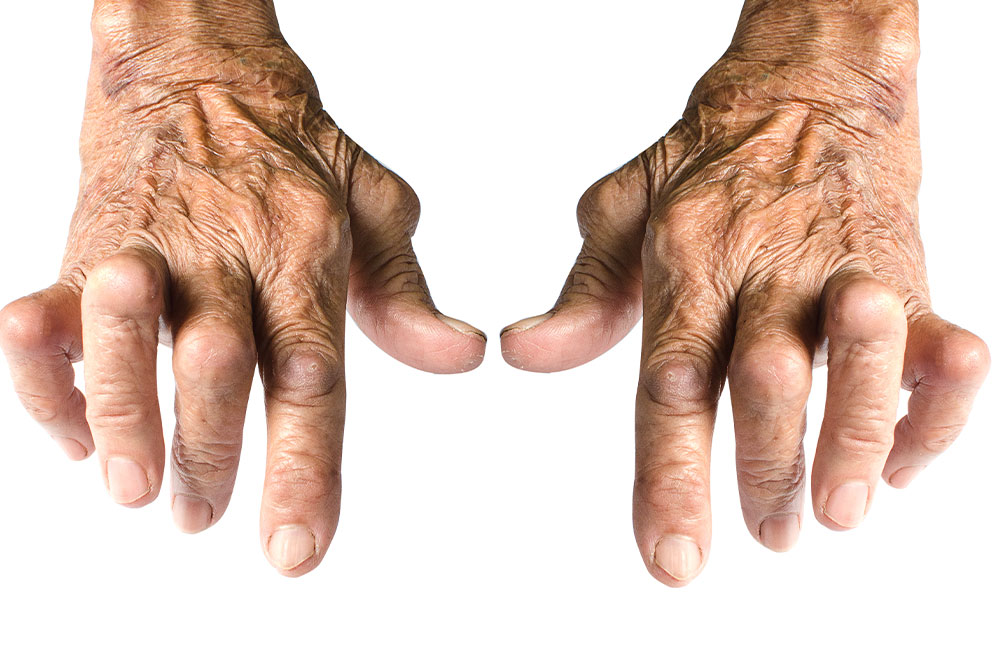7 warning signs of heart problems

The leading heart-related issues in the country are heart attack, heart failure, high blood pressure, arrhythmia, and valve disease. These conditions are more likely to develop in those over 60 with diabetes and high cholesterol levels. Most cardiovascular conditions do not have warning signs. While some symptoms begin in the chest, others manifest in various ways in the body. Here are some warning signs of heart problems one should recognize:
Swollen ankles, legs, and feet
Swelling can be a sign of the heart’s inability to pump blood. This can also be accompanied by a cramping sensation in the calves while walking. The condition is more common in those with diabetes and peripheral arterial disease (PAD).
Chest pain
Bad cholesterol results in plaques on the artery walls, blocking the blood flow and exerting pressure on the heart while pumping blood. Heart blockages can cause pain or tightness in the chest or even lead to cardiac arrest. One can feel a brief and sharp pain in the neck, back, or arms. The chest pain may develop in the middle or left side of the chest and is usually triggered by physical activity or strong emotions. Indigestion can cause chest pain, but if the ache develops without an obvious reason, one should consult a doctor. Usually, doctors recommend an X-ray test called angiography to check for blockages. The blockage is then treated through procedures like angioplasty, transcatheter aortic valve replacement (TAVR), or open heart surgery. Angioplasty is a common emergency treatment for heart attack that helps open blocked coronary arteries and restore blood flow without surgery. Similarly, TAVR is a minimally invasive treatment that replaces a non-working aortic valve and regulates blood flow. TAVR can also be recommended for conditions like aortic regurgitation.
Arm pain
A sharp pain traveling down to the left arm is an alarming sign of a heart attack. The pain can also move to the neck, and one may experience symptoms like shortness of breath, sudden and profuse sweating for no apparent reason, and pain that starts in the center of the chest and spreads to the jaw or throat.
Nausea, heartburn, or stomach pain
While these are common signs of indigestion, they can also be warning signs of heart problems. A heart attack may also cause stomach pain, heartburn, and nausea. If one experiences any of these symptoms without making drastic changes to their food habits, schedule, and lifestyle, one should consult a doctor for a diagnosis. Women are more likely to report these symptoms than men.
Lightheadedness
Losing balance or feeling unsteady without injury, quick movement, or external impact can indicate a heart issue. Lightheadedness can indicate a drop in one’s blood pressure, where one’s heart is unable to pump blood with ease.
Exhaustion
Chronic exhaustion or unexplained weakness after light physical activity like climbing a flight of stairs or carrying grocery bags home can be another early sign of an underlying heart condition. One may even feel tired all the time without making any changes to their lifestyle.
High resting heartbeat
If one experiences an irregular heartbeat, they should consult a doctor. The irregularity may be observed as a racing heartbeat without any apparent cause, like nervousness or excitement. A skipping or irregular heartbeat that lasts for more than a few seconds can also be a warning sign. Usually, the resting heart rate in healthy adults ranges from 60 to 100 beats per minute. A resting heart rate at the lower end of the spectrum typically indicates good cardiovascular fitness, whereas a higher resting heart rate may indicate underlying cardiovascular conditions. Lack of sleep or excessive caffeine intake may also lead to an irregular heartbeat.
One way to ensure good heart health is to maintain a healthy lifestyle and eating habits. High cholesterol may begin in childhood or adolescence and may put one at risk of developing heart disease. So, one should get their cholesterol levels regularly checked.




